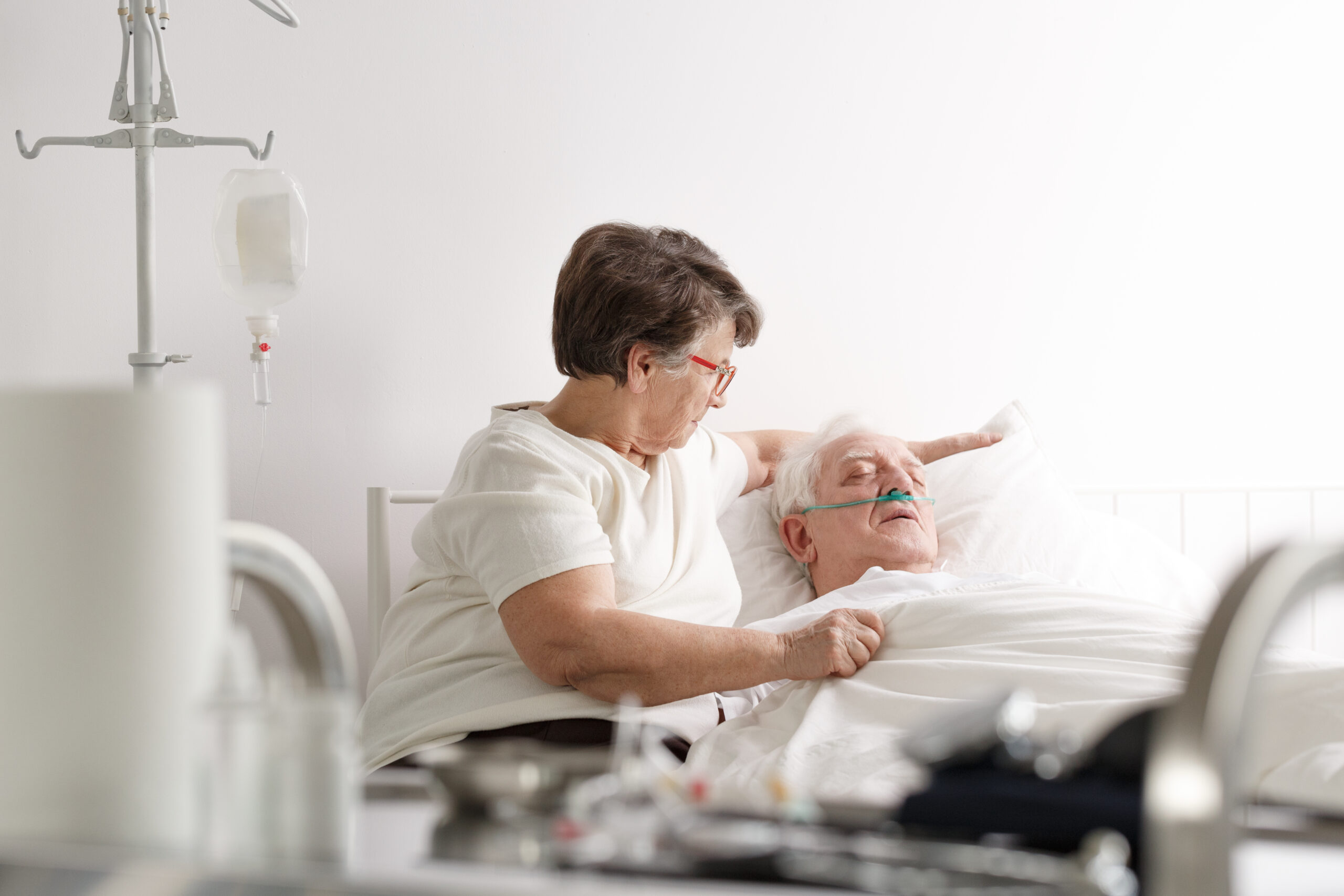Hastening Death at the End-of-life
End-of-life topics can address the methods that hasten death, including, but not limited to euthanasia and assisted suicide. As with the unborn in the womb, our culture is placing less value on the elderly and vulnerable. Belgian pharmacies have been selling euthanasia kits since 2005, and Switzerland has created a new industry known as “suicide tourism.”

The Difference Between Assisted Suicide & Euthanasia
Assisted Suicide
Assisted suicide occurs when a person aids, encourages, or counsels for suicide. It requires at least one person who is directly and intentionally involved with ending the life of another person – usually with pills or powder. It is also called “aid in dying” or “physician assisted suicide.”
The practice of assisted suicide is legal in several countries and states. Assisted suicide rates continue to climb both nationally and also internationally. Learn about the bioethical concerns of assisted suicide here.
Euthanasia
Euthanasia is defined as any act or omission that is done with the intent of inciting someone’s death. This usually consists of the removal of life-sustaining medicine, food, water, or an intentional lethal injection. It is also referred to as “mercy killing.” Unlike assisted suicide, legal euthanasia does NOT necessarily involve the permission or knowledge of the patient. The disabled and mentally incompetent are especially vulnerable to euthanasia.
Futile Care Theory
Futile Care Theory is the idea that, in cases where the doctor believes there is no hope for a patient to improve, no course of action is taken. As hospitals face rising medical costs, and as patients are living longer, there is an increased concern that healthcare rationing will follow Futile Care Theory’s suit – potentially leading to selective medical care for patients deemed unworthy.
Comfort Care
Comfort Care is the process of treating patients with no hope of recovery by keeping them comfortable until their natural death. However, this could lead to patients being purposely over-medicated, which, in turn, hastens their death. This is also called “terminal sedation” or “slow euthanasia.” While similar, comfort care and palliative care are different. Learn more here.
Health Care Rationing
As people reach the end-of-life, health care costs often raise exponentially. Health care rationing is the restricting of health care services on the basis of the age or perceived need of the individual such as whether care is “futile” or not in order to conserve medical resources. This can be localized rationing, such as in a hospital, or rationing resources for large groups of people.
On the other hand, medical advancements allow people to live longer. In fact….
55,800,000 people
in the U.S. are age 65 years or older.
6,600,000 people
in the U.S. are age 85 or over
Caring Not Killing Conference
Part one of this two part mini-conference features Alex Schadenberg, Executive Director of the Euthanasia Prevention Coalition (EPC). He informs participants about the differences between euthanasia and assisted suicide, and how they pertain to everyone.
In the second part of the series, Alex emphasizes compassionate care from an actionable perspective. Individuals will also learn how current death legislation is changing the environment for our most vulnerable brothers and sisters: the elderly, handicapped, mentally ill, and terminally ill.

Additional information on this topic…
Resources
- Embrace the Journey Leader’s Guide
- Embrace the Journey Participant Guide
- Finishing Life Booklet
- EPCC
- HumanLife.org
- Euthanasia and Organ Harvesting (video)
- Considering Human Dignity (video)
- Caring Not Killing Part 1 (video)
- Caring Not Killing Part 2 (video)
- Living Well and Dying Well (video)
- Setting Limits (book)

